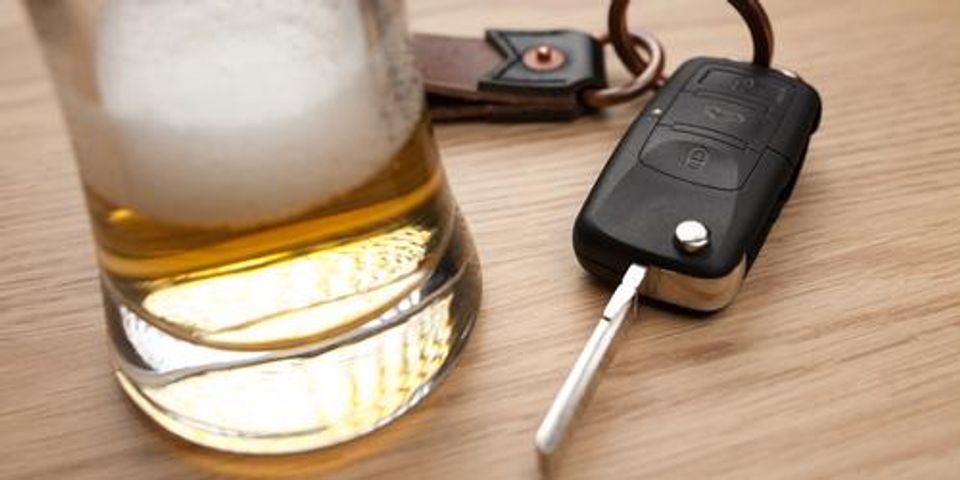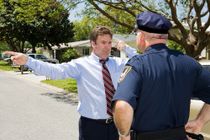A DWI Law Attorney Reveals 3 Facts About the Effectiveness of Field Sobriety Testing

Field sobriety testing is considered one of the standard protocols for determining whether a motorist suspected of drunk driving is indeed under the influence. But just because field testing is the standard doesn't mean it's an accurate assessment of one's intoxication levels. Below, the DWI law attorneys at MacVean, Lewis, Sherwin & McDermott, P.C., in Middletown, New York, share three facts about the efficacy of field sobriety testing.
3 Facts About the Effectiveness of Field Sobriety Testing
1. There Can Be Errors in Administering the Test
Field sobriety tests must be administered according to the rules of the National Highway Traffic Safety Administration. Even the slightest deviance from these rules will result in inaccurate results. If you've been arrested for drunk driving based on the findings of a field sobriety test, your DWI law attorney will likely look first and foremost at how the tests were given and if the officer made any errors; if they can prove that the test was faultily administered, the entire case can be thrown into question.
2. Other Factors Beside Intoxication Can Lead to a Failed Test
 Another reason field sobriety testing is seen by many as an ineffective assessment is that there are several conditions that can cause one to fail the test. Certain health issues or illnesses and specific medications can all impact your balance and coordination, two of the primary areas assessed during field sobriety testing. Also, alcohol affects everyone differently. One person could have one drink and fail the test; another could have 10 drinks and pass with flying colors.
Another reason field sobriety testing is seen by many as an ineffective assessment is that there are several conditions that can cause one to fail the test. Certain health issues or illnesses and specific medications can all impact your balance and coordination, two of the primary areas assessed during field sobriety testing. Also, alcohol affects everyone differently. One person could have one drink and fail the test; another could have 10 drinks and pass with flying colors.
3. Refusing Field Testing Comes at a Price
Because it is largely recognized as a questionable testing procedure, some states have passed DWI laws that allow suspects to decline field testing and not have the decision be used against them in court. Unfortunately, New York is not one of these states. While you can legally decline field testing, the officer can respond by arresting you and charging you; you would be responsible for arranging and paying for the towing of your vehicle, and the courts can use your refusal against you.
Let the DWI law attorneys at MacVean, Lewis, Sherwin & McDermott, P.C., look out for you. Since 1885, they have been representing local clients in a range of legal areas, including DWIs, personal and commercial litigation, and elder law matters. Call (845) 343-3000, visit them online, or message them on Facebook to make an appointment today.
About the Business
Have a question? Ask the experts!
Send your question

